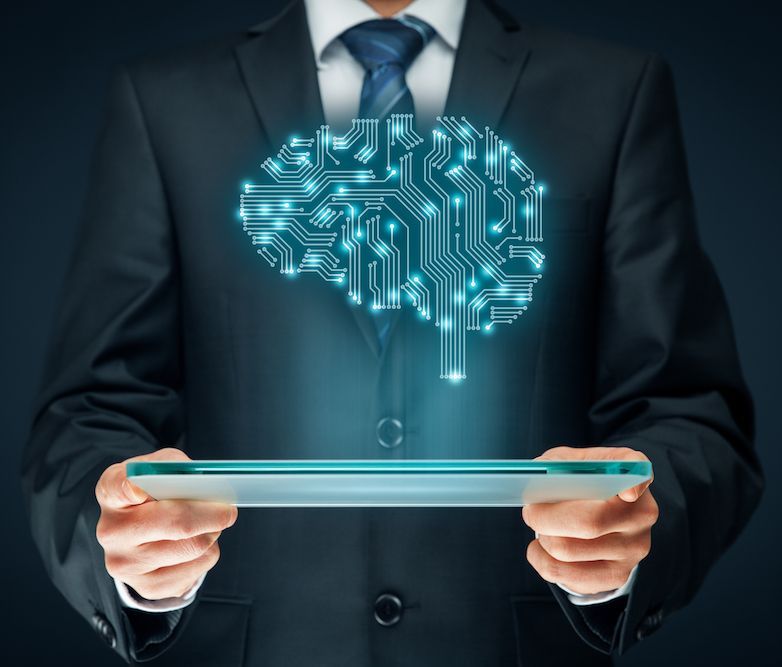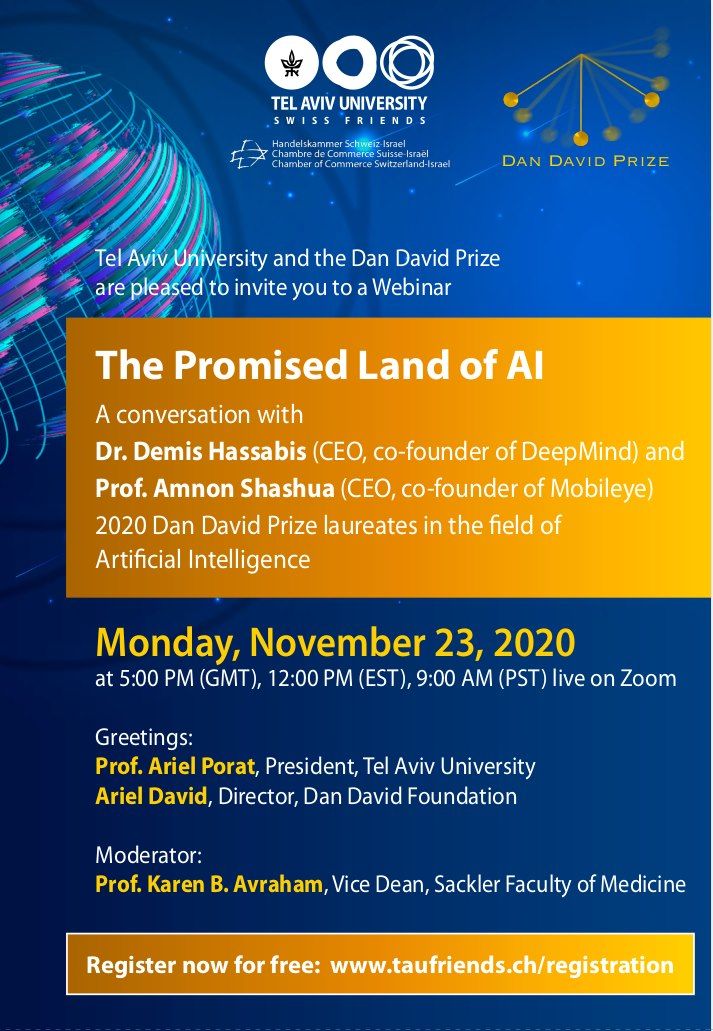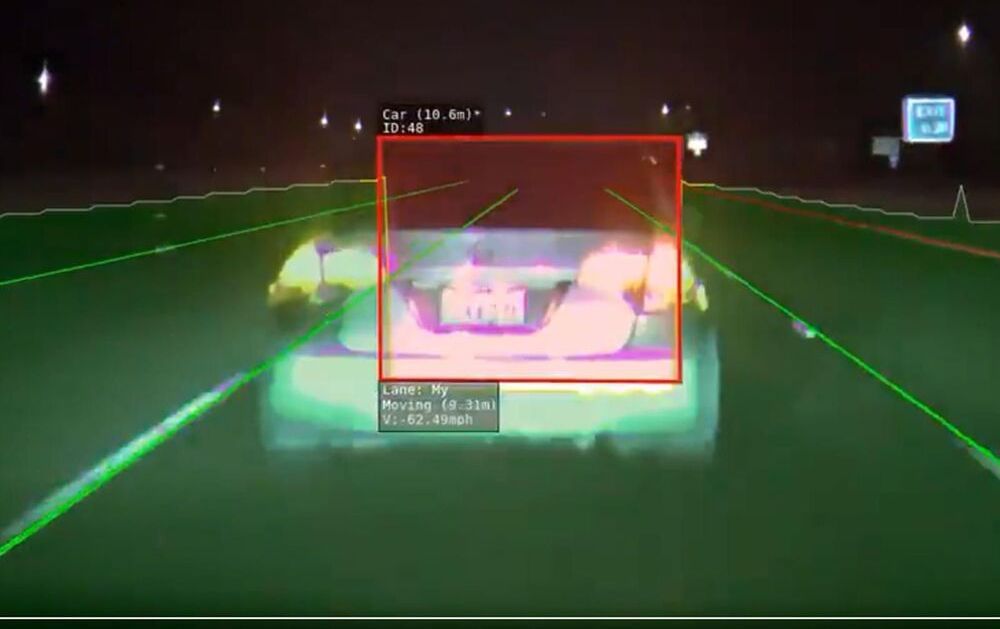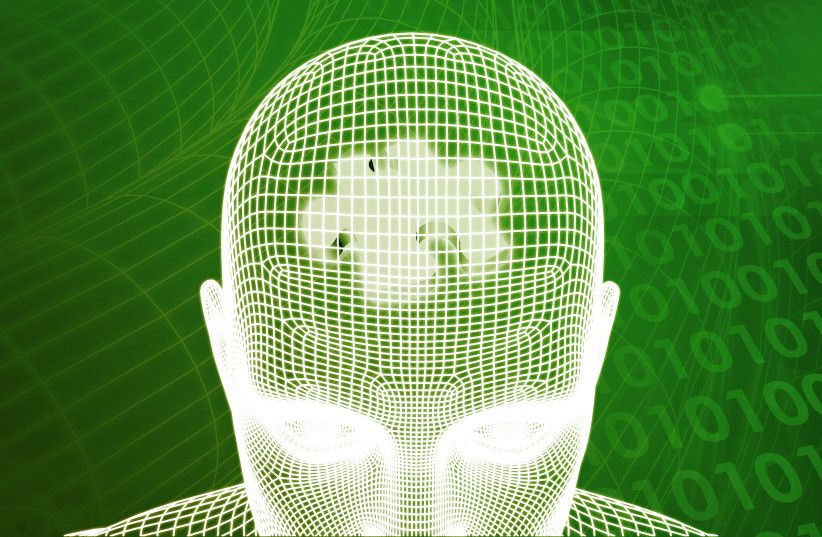The use of artificial intelligence (A.I.) and machine learning (ML), technologies that help people and organizations handle customer personalization and communication, data analytics and processing, and a host of other applications continues to grow.
An IDC report found three-quarters of commercial enterprise applications could lean on A.I. by next year alone, while an Analytics Insight report projects more than 20 million available jobs in artificial intelligence by 2023.
Due to A.I. and ML’s transformational reach, specialists with the right skills could find themselves with job opportunities across a wide range of industries. A global skills gap in the technologies means qualified applicants can expect good salaries and a strong bargaining position.








